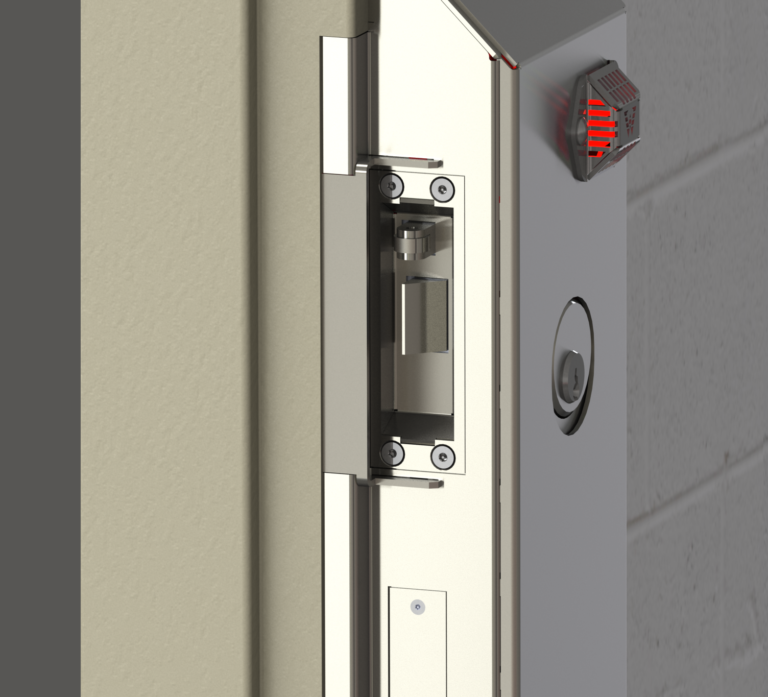Ohio Prison Turns Trash into Cash Savings
LEBANON, Ohio — Lebanon Correctional Institution, a state-run prison in Lebanon, Ohio, is saving the state thousands of dollars through green practices. Inmates at LCI are sorting out trash at the facility and turning it over to a local company for composting.
The recycling program consists of inmates sorting all solid trash items from the prison including separating paper and sorting plastic and aluminum products into different bags that the prison then sells to nearby garden center, Marvin’s Organic Gardens in Lebanon, Ohio.
“It doesn’t always look pretty, but the results are good,” said Tim Brunsman, warden of LCI.
The state saved $13,000 in 2011 through the selling of recyclable goods, according to Brunsman. Every month the state saves over $2,000 with its recycling and composting practices. Other facilities have taken the initiative to implement similar programs and have also seen significant savings.
“The Southeastern Correctional Institution in Lancaster [Ohio] saw a $96,000 a year trash bill reduced to $5,000,” said Mike Davis, a spokesperson for the Ohio Department of Corrections. “We are also seeing success in the programs at the Trumbell and London facilities in addition to the Ohio Reformatory for Women.”
The prison is teaming up with Marvin Organic Gardens this year in order to turn the facility’s food waste into compost. The prison is saving money with Marvin’s as the company is only charging LCI one-third of the price to take the food garbage than Rumpke, the prison’s waste disposer, said Brunsman.
In 2011, the prison paid an average of $5,700 a month on garbage removal. After they teamed up with Marvin’s they paid only an average of $2,400 a month during the prison’s first full month of partnering with Marvin’s.
“It’s the first prison in the state to my knowledge that is composting its food waste,” said Wes Duren, manager of Marvin’s Organic Gardens.
Marvin’s receives food waste from several companies but LCI is the only one to handle all the trash separations itself and has the cleanest product, according to Duren.
“We save so much time when we don’t have to go through the trash ourselves,” said Duren.
Once LCI sorts and delivers the waste to Marvin’s it is then mixed in with other biodegradable waste, forming compost in about six months. The compost is used to help grow yards, flowerbeds and vegetable gardens, according to Duren.
“We are very excited to see the success of the program at Lebanon along with the positive results being seen [at other prisons],” said Mike Davis, a spokesperson for the Ohio Department of Rehabilitation and Corrections. “These projects are a benefit to the institutions, the offenders and the environment. Offenders are involved in these projects are learning valuable skills while at the same time they are contributing something of value to the community.”
The recycling program employs 30-35 inmates at the prison, where they are responsible almost all of the work. Supervisors are on duty constantly but those at the facility think the program is benefiting those working at the prison’s recycling center.
“It’s important because if we keep them busy, we’re keeping them out of trouble,” said Brunsman.






